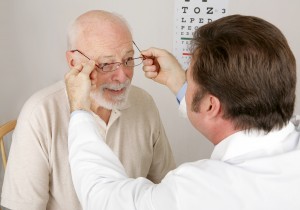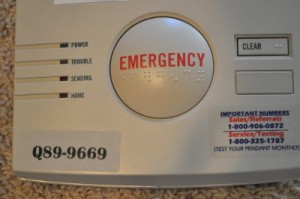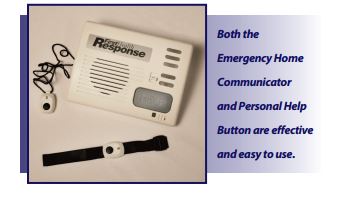Senior Vision Loss: New Treatments Bring Hope
 Older adults with certain medical conditions may be in danger of losing their vision. Macular degeneration, diabetic retinopathy, and glaucoma can rob seniors of their sight. Fortunately, recent advances in ophthalmology bring new hope to older people with vision loss.
Older adults with certain medical conditions may be in danger of losing their vision. Macular degeneration, diabetic retinopathy, and glaucoma can rob seniors of their sight. Fortunately, recent advances in ophthalmology bring new hope to older people with vision loss.
New Gene Therapy for Macular Degeneration
John Hopkins Medicine reports encouraging results in a small, preliminary clinical trial of an experimental gene therapy to treat age-related macular degeneration (AMD). Researchers found that this safe treatment using a virus to introduce a therapeutic gene into the eye may help stop vision loss in older adults with AMD.
The virus is first altered in the lab so it cannot cause disease. Then it is injected into the eye as a carrier for a gene, where it penetrates the cells of the retina, depositing the gene. This gene causes the cells to produce a therapeutic protein that reduces fluid and improves vision, potentially eliminating the need for repeated monthly injections of medications to stop macular degeneration.
VisionCare Telescope Implant
As reported in an AARP bulletin, this treatment was recently approved by the FDA for patients ages 65 and older with end-stage AMD. A tiny telescope implant is surgically inserted in the eye. This device magnifies a small area and projects the image across the retina, drastically improving vision. The implant is placed in only one eye so the other eye retains full peripheral vision.
Argus II Microchip
Argus II uses a tiny video camera mounted on eyeglasses to transmit light signals to a microchip implanted in the eye, after which the microchip relays information to the brain. Although the information collected by the device is only a fraction of what a normal eye can receive, it is enough to make it possible for previously blind individuals to see out outlines and large objects. The Argus II has received FDA approval for patients with retinitis pigmentosa, an inherited disease that causes blindness affecting 100,000 people.
Contact Lens for Glaucoma
Glaucoma is a leading cause of blindness in adults over 60. It results from a build-up of pressure within the eye. Until recently, the only treatment was medicated eye drops, used inconsistently by patients, that slow the progression of the disease but do not improve vision.
Now scientists have developed a contact lens containing glaucoma medication sandwiched in a thin polymer film. When placed in the eye, the lens delivers a consistent dose of glaucoma medication for up to one month. It can be laced with other medications, such as antibiotics and anti-inflammatory meds, and designed to correct near or far-sightedness.
Elderly Alert Systems for Seniors with Vision Loss
Most older people don’t see as clearly as they did when they were young, which can increase the risk of accidents and falls. With elderly alert systems, seniors can get help on the way immediately with the push of a button in case of an accident. Check out our medical alert comparison for information about various elderly alert systems on the market.



